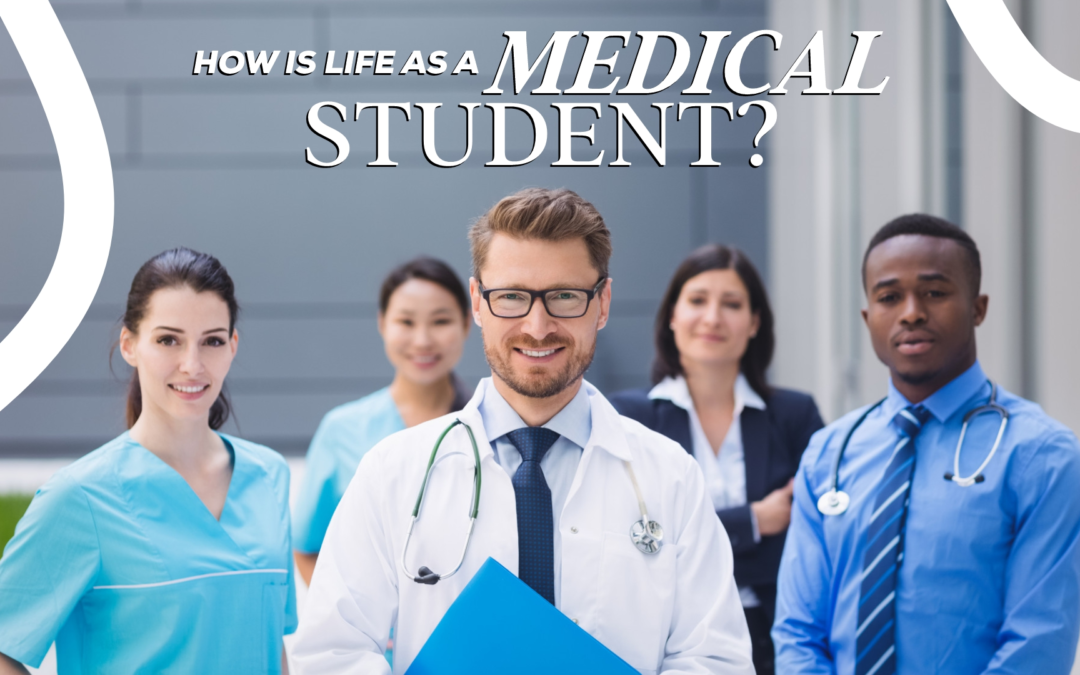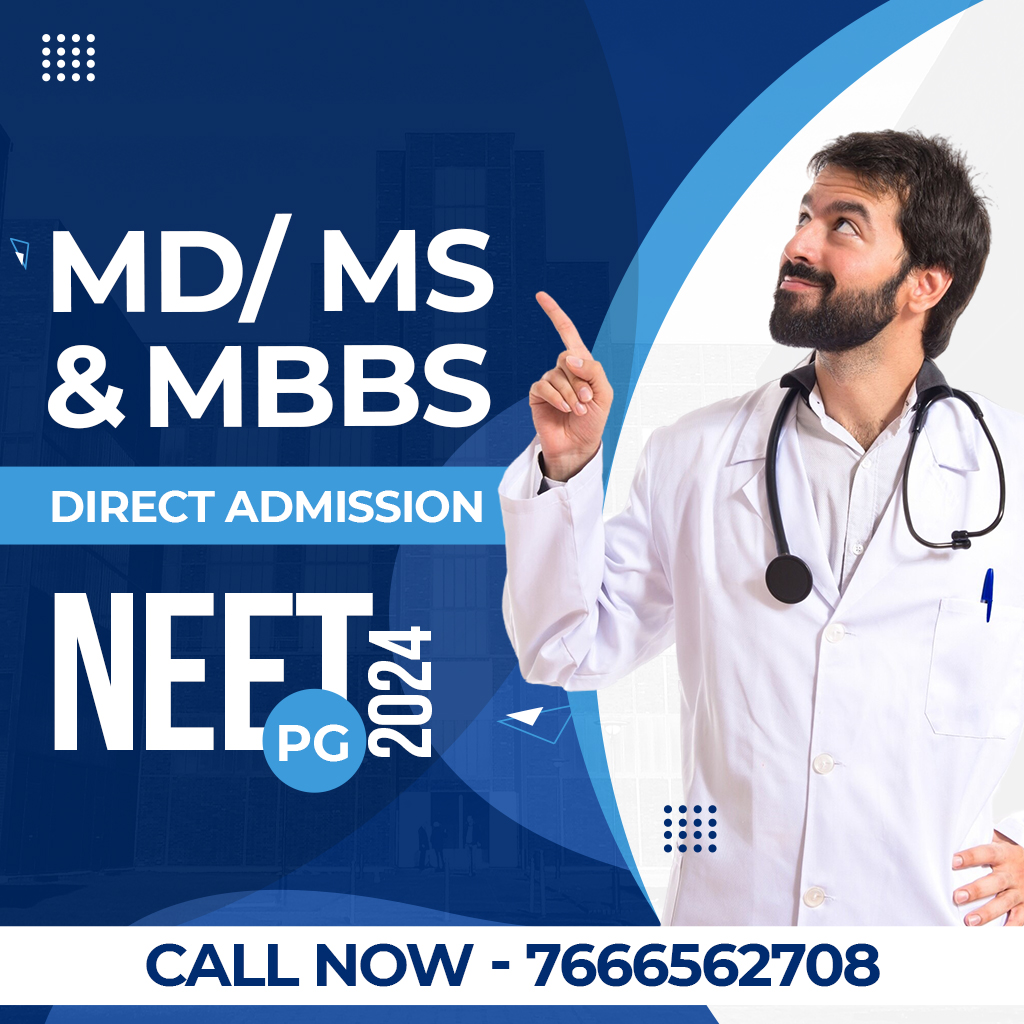The journey to becoming a doctor is a demanding yet profoundly rewarding experience. Medical school is a crucible where individuals are transformed into skilled and compassionate healthcare professionals. Students are immersed in a rigorous academic environment, mastering complex subjects like anatomy, physiology, and biochemistry. The pressure to excel in examinations is constant, while the allure of extracurricular activities tugs at the other end of the spectrum. Finding a harmonious balance between academic pursuits and personal growth is a challenge every medical student faces.
As students progress, they embark on clinical rotations, where theoretical knowledge is applied to real-world patient care. The opportunity to diagnose illnesses, treat patients, and witness the miracle of healing firsthand is an invaluable experience. However, it also exposes students to the realities of human suffering, demanding emotional resilience and empathy. The emotional toll of witnessing illness and loss can be significant, but it also fosters a deep sense of compassion and dedication to the profession.
Academics
Medical school is synonymous with intense academic pressure. Students are inundated with a vast curriculum encompassing anatomy, physiology, biochemistry, and more. The race against time to master complex concepts is a constant challenge. Long hours of study and high-stakes exams are the norm. The pressure to perform well can be overwhelming, often leading to feelings of stress and burnout.
Effective time management becomes crucial for balancing academic demands with personal life. Students learn to prioritize tasks, develop efficient study habits, and create a conducive learning environment. Building a strong support network among peers and mentors can provide invaluable emotional support and guidance.
Clinical Rotations
As medical students progress, clinical rotations provide invaluable exposure to real-world patient care. This phase is a transformative experience where theoretical knowledge is applied to practical scenarios. Students work alongside experienced doctors, observing, assisting, and gradually taking on more responsibilities. The opportunity to diagnose illnesses, treat patients, and witness the miracle of healing firsthand is a profoundly rewarding experience. However, it also exposes students to the realities of human suffering, demanding emotional resilience and empathy. The emotional toll of witnessing illness and loss can be significant, but it also fosters a deep sense of compassion and dedication to the profession.
Clinical rotations offer a unique opportunity to develop clinical reasoning and decision-making skills. Students learn to interpret patient symptoms, order appropriate investigations, and formulate treatment plans under the guidance of experienced physicians. The ability to apply theoretical knowledge to real-life situations is a crucial step in becoming a competent doctor.
Moreover, clinical rotations provide exposure to a wide range of medical specialties, helping students discover their areas of interest. The opportunity to shadow different specialists allows students to gain insights into various career paths and make informed decisions about their future specialization. The hands-on experience gained during rotations is invaluable in building a strong foundation for a successful medical career.
Personal Challenges
The medical school journey is a multifaceted experience that extends beyond the classroom. Students navigate a complex interplay of academic demands, personal growth, and emotional well-being. While pursuing knowledge is central, it is equally important to maintain a healthy work-life balance, cultivate strong support systems, and prioritize self-care.
The rigorous curriculum often necessitates long study hours, leaving limited time for personal pursuits and relationships. The pressure to excel academically can be overwhelming, leading to feelings of stress, anxiety, and burnout. Moreover, the financial burden of medical education can be significant, adding to the overall stress experienced by students.
Building a strong support network becomes crucial for navigating these challenges. Connecting with peers, mentors, and family members can provide emotional support, guidance, and a sense of belonging. Engaging in activities that promote relaxation and well-being, such as exercise, hobbies, and mindfulness practices, is essential for maintaining mental and physical health.
Rewards and Growth
The rewards of the medical school journey are multifaceted and deeply personal. Beyond the academic achievements and clinical skills acquired, the experience fosters profound personal growth. Students develop resilience, empathy, critical thinking, and a strong work ethic. The challenges faced during medical school build character and prepare graduates for the demanding nature of the medical profession.
Moreover, the camaraderie forged with fellow students creates lifelong bonds and a strong support system. The shared experiences and mutual encouragement contribute to a sense of belonging and shared purpose. The journey through medical school is not merely about acquiring knowledge but also about developing a holistic understanding of the human condition and the intricacies of healthcare.
Ultimately, the culmination of the medical school experience is the opportunity to serve others and positively impact society. The ability to diagnose illnesses, provide effective treatment, and alleviate suffering is a deeply fulfilling aspect of the medical profession. The rewards extend beyond personal satisfaction, encompassing the gratitude of patients and their families and the privilege of contributing to the advancement of medical knowledge.
PG Medical Courses: Specialization and Beyond
Upon completing the MBBS degree, many aspiring doctors pursue pg medical courses to specialize in a particular medical field. These programs offer in-depth knowledge and hands-on training, preparing graduates for advanced practice. The duration of these courses varies depending on the specialty, typically three to five years. However, some specialized programs may extend beyond this timeframe.
India boasts a plethora of esteemed institutions offering medical pg courses in india. These institutions vary in reputation, faculty expertise, infrastructure, and research facilities. Aspiring doctors should carefully consider these factors when choosing a suitable institution for their postgraduate studies. The competition for admission to these programs is intense due to the limited number of seats available. The NEET PG is the primary entrance exam for most PG medical programs, but some institutions may have their own admission criteria.
Specialization in a particular medical field opens up many career opportunities. Doctors can choose to practice in hospitals, clinics, or academic institutions. They can also pursue research, teaching, or administrative roles. The choice of specialization depends on individual interests, skills, and career aspirations.
The journey through postgraduate medical education is demanding but immensely rewarding. It equips doctors with the knowledge and skills necessary to provide specialized care to patients. Completing a PG medical course leads to enhanced career prospects and the opportunity to make a significant contribution to the field of medicine.
Admission Challenges and Alternatives
Gaining admission to top-tier PG medical programs can be highly competitive. The limited number of seats available compared to the vast pool of eligible candidates creates a challenging landscape. While merit remains the primary criterion, exploring alternative pathways can increase the chances of securing a coveted seat.
One such avenue is the management quota offered by some private medical colleges. A certain percentage of seats are reserved under this quota, providing an opportunity for deserving candidates who might not secure a seat through the general merit list. The NEET PG management quota counselling process facilitates the admission of candidates under this quota.
It is important to note that the management quota admissions are subject to specific eligibility criteria and guidelines set by the respective institutions. Candidates interested in pursuing this route should carefully review the desired colleges’ admission process and eligibility requirements.
The Pursuit of Excellence
Aspiring surgeons often aim for an MS degree in medical. This specialized qualification equips doctors with advanced surgical skills and in-depth knowledge of surgical procedures. Becoming a skilled surgeon requires years of dedicated training and extensive hands-on experience. Surgeons undergo rigorous training in various surgical techniques, mastering the art of precision and dexterity. They develop a deep understanding of human anatomy, physiology, and pathology, enabling them to diagnose and treat surgical conditions with expertise.
Moreover, surgeons cultivate strong problem-solving abilities, critical thinking skills, and the ability to make quick, informed decisions under pressure. The path to becoming a surgeon is demanding, but the rewards are immense. Surgeons play a vital role in saving lives and improving the quality of life for countless patients. The opportunity to make a tangible difference in people’s lives is a driving force for many aspiring surgeons.
Choosing the right medical college is a pivotal decision. Factors such as infrastructure, faculty expertise, research opportunities, and placement records influence the selection of the best medical colleges. Thorough research and careful consideration are essential to making an informed choice.
Takeaway
The medical profession is a noble calling demanding immense dedication and perseverance. Challenges and triumphs mark the journey from a medical student to a qualified doctor. By understanding the intricacies of medical school life, aspiring doctors can better prepare themselves for the rigors ahead. Pursuing excellence through PG medical courses and specialization opens doors to rewarding careers in healthcare.
The medical profession is a noble calling that requires immense dedication, perseverance, and a strong sense of purpose. The journey from a medical student to a qualified doctor is marked by challenges, triumphs, and personal growth. By understanding the intricacies of medical school life, aspiring doctors can better prepare themselves for the rigors ahead.
The foundation laid during medical school is crucial for building a successful career in healthcare. The rigorous academic curriculum, coupled with hands-on clinical experience, equips students with the knowledge and skills necessary to excel in their chosen field. The pursuit of excellence through PG medical courses and specialization further enhances their expertise and opens doors to a wide range of career opportunities.
Ultimately, the medical profession is about serving humanity and making a positive impact on people’s lives. The journey may be demanding, but the rewards are immeasurable. By embracing the challenges, cultivating resilience, and nurturing a passion for helping others, aspiring doctors can embark on a fulfilling and meaningful career in healthcare.



